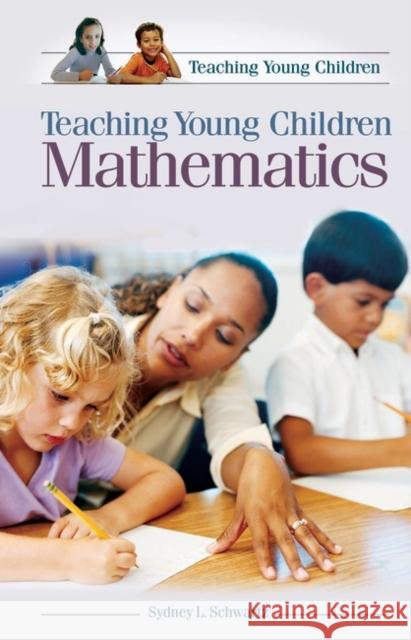Teaching Young Children Mathematics » książka
Teaching Young Children Mathematics
ISBN-13: 9780275982164 / Angielski / Twarda / 2005 / 224 str.
Teaching Young Children Mathematics
ISBN-13: 9780275982164 / Angielski / Twarda / 2005 / 224 str.
(netto: 220,50 VAT: 5%)
Najniższa cena z 30 dni: 228,69
ok. 30 dni roboczych.
Darmowa dostawa!
Children learn mathematics most effectively in contexts that are meaningful to them. Realizing the potential of these contexts for fostering young children's mathematical learning while nurturing and challenging them, requires knowledge of mathematics as well as of child development. Avoiding the debates surrounding hands-on learning vs. direct instruction, the author focuses on the value of different contexts for learning, and illustrates ways to genuinely engage children as active learners. The work is rich with examples of children's interactions with each other and with adults as they utilize and extend their understanding of mathematics. Examples and guidelines for developing lessons and activities will be useful to educators and parents.Chapters explore how we underestimate young children's mathematical capabilities; how appropriate sequencing of learning and building on prior knowledge will enhance understanding; what teachers, including parent-teachers, need to know; and high-stakes testing. This is a work that brings together the connections between knowing the basics and constructing knowledge in accessible and practical ways.











